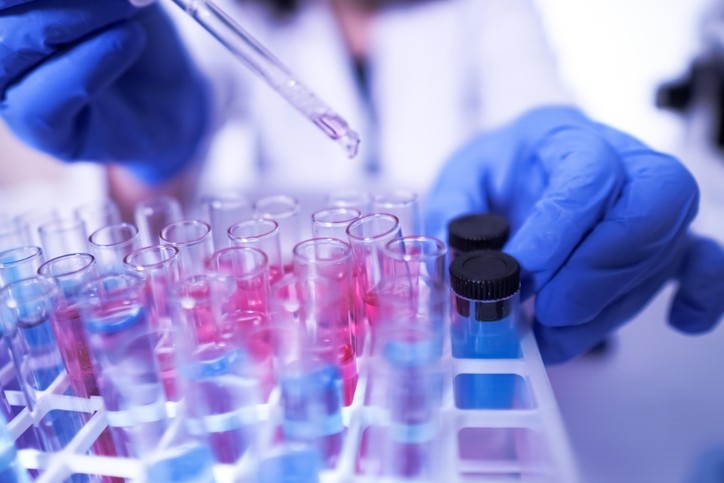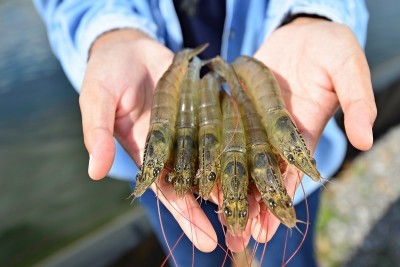Evonik cites Covid-19 for feed additive shortage

The Essen, Germany-based feed additive and specialty chemical company announced Wednesday [March 11] that the ongoing outbreak of the coronavirus Covid-19 had shuttered its contracted production facility for the crystalline amino acid feed additive ThreAMINO.
“Regrettably, we are facing a supply shortage for ThreAMINO,” said Emmanuel Auer, head of the animal nutrition business line at Evonik. “We have therefore decided to send a force majeure notification to our customers with immediate effect, in accordance with our contracts.
“Meanwhile, we try the utmost to mitigate this situation and re-establish supply to our customers as fast as possible,” he added.
The company’s contract manufacturer that produces the feed additive has had to close its production facilities and both the manufacturing and shipping of the amino acid product have been affected, Evonik reported.
“Due to the fact that the force majeure event is based on a combination of production and supply issues, we are not able to predict by when we can lift force majeure on ThreAMINO,” Jürgen Krauter, head of communications for Nutrition and Care at Evonik, told FeedNavigator. “For a restricted period of time, we have to allocate volumes to our customers according to force majeure procedures.”
Company customers are set to be regularly informed as the situation continues, Evonik said.
Force majeure in effect
The contract producer in China remains the only source for Evonik’s L-threonine product, said Krauter.
“We have been informed by our contract manufacturer that they are facing significant restrictions in terms of production and supply chain due to COVID-19,” he said.
The essential amino acid L-threonine is an indispensable part of an animal’s growth process, but the amino acid cannot be generated by livestock, according to company information. ThreAMINO is generated during a fermentation process.
The feed additive is used to support protein synthesis and is often the second limiting amino acid in swine diets and the third limiting amino acid in poultry feeds, the company said. The additive can be used with low-protein diets and allows producers to reduce the nutritional safety margins used with feeds and limit nitrogen excretion.
The amino acid also plays a role in gut health, immune function, feather synthesis and animal wellbeing, the company said.
Other Covid-19-wrought industry challenges
In addition to closing some production facilities, the spread of the disease has disrupted livestock production and feed manufacturing industries in China, according to information from Rabobank.
The disease has been reducing poultry sales and is slowing the rebuilding of hog supplies along with reducing soybean imports, the company reported.
However, prices for several feed additives and vitamins have been spiking, according to information from the crowdsourcing tool, Glowlit. Vitamins that saw an increase in price in recent weeks include vitamin A1000, vitamin E50, vitamin B7 biotin 2% and vitamin B9 folic acid.

















